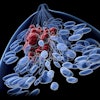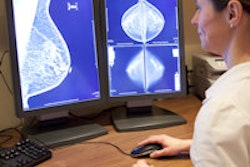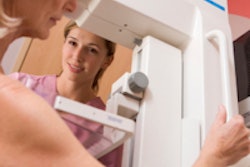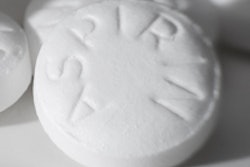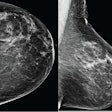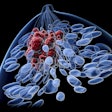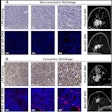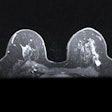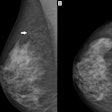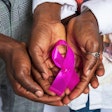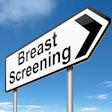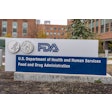Dear AuntMinnie Member,
If you haven't read the "new" final recommendations on breast screening from the U.S. Preventive Services Task Force (USPSTF), we'll save you some time -- they are largely the same as the old recommendations.
Once again, USPSTF has hewed to the controversial position it first adopted in 2009: that breast screening shouldn't start until age 50 for most women. It also punted on whether women older than 75 should be screened, claiming that there is insufficient evidence to determine whether screening is beneficial.
The news is sadly no surprise to advocates for breast imaging, especially after USPSTF telegraphed its intentions with a draft recommendation in April 2015. But on the positive side, the group's decision will have no impact on Medicare reimbursement thanks to legislation passed in late 2015 by the U.S. Congress.
The question is how the guidelines will affect compliance rates for mammography screening among younger women. Such rates have been trending downward since 2009, and ongoing confusion over the best age at which to start screening isn't likely to improve things. Read about the new guidelines by clicking here.
Mammo false positives
Complicating the debate over screening in younger women is a new study that indicates false-positive rates are higher in younger women -- the same women in whom the cancer detection rate is lowest.
Oregon researchers also found that women in their 40s were more likely to get recommendations for addition imaging. Read more by clicking here, or visit our Women's Imaging Community at women.auntminnie.com.
3T MRI for fetal anomalies
Can 3-tesla MRI be used safely for detecting fetal abnormalities? Researchers from Children's Hospital of Philadelphia believe it can.
They compared 1.5-tesla MRI with 3-tesla scanning to see if the more powerful magnets offered benefits. They also tested different scanning sequences to determine which ones worked best.
The group found that 3-tesla imaging indeed had the edge in certain circumstances, and it was safe for both fetuses and mothers. Discover more about the research by clicking here, or visit our MRI Community at mri.auntminnie.com.


